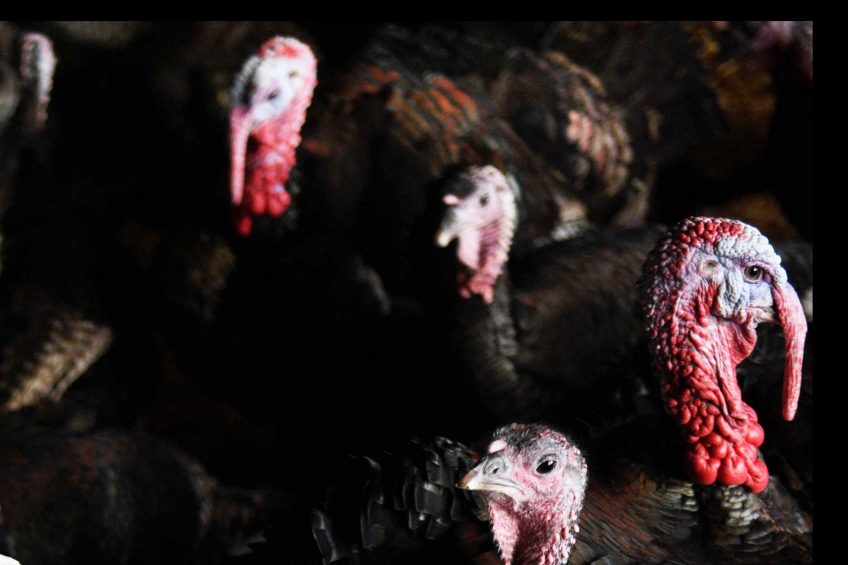Turkey embryos do better with lower temperatures

Turkey embryos fare better with slightly lower temperatures during incubation than broilers, new American research has found.
While determination of the optimal embryo temperature for growth, maturation, nutrient utilisation, hatchability and hatching quality has received much attention in a number of avian species, there has been little conducted on fine-tuning turkey hatchability.
Scientists at the Department of Animal Science, Pennsylvania University, supported by Ontario-based Hybrid Turkeys, conducted a study looking at four different eggshell temperatures from days 1 to 25 of incubation.
Up to 2,400 turkey eggs from one breeder flock (41 weeks of age) were collected, stored for 3 days at 60F, prewarmed for 6 hours to 70F, selected for a uniform egg weight and set in trays at 75 eggs/tray. Eggs were divided into 4 incubators and incubation air temperatures were adjusted daily to correspond to the different temperatures.
• 99.2-99.4 degree F
• 99.4-99.6F
• 99.8-100.2F
• 100.5-101.0F
All treatments were incubated at 53% relative humidity (RH) and turned hourly. Each day, shell temperatures were taken from the same 10 eggs from the centre of the treatment set. After 25 days of incubation eggs were candled and the developing embryos transferred into one hatcher with hatch trays stacked in a randomised manner.
At hatch (28 days and 4 hours), a sample of poults (25/treatment) were euthanized and residual yolk sacs were weighed and yolk-free poult weight calculated.
The results showed a decrease in hatch of fertile eggs for eggs incubated at eggshell temperatures greater than 100.5F.
Body weight and yolk free body mass were also decreased for eggs incubated at these same higher eggshell temperatures.
The optimal eggshell temperature throughout incubation for turkey embryos seemed to be lower than the optimum eggshell temperature for broiler embryos.
The study team said this might be related to the greater turkey egg mass.
“The Effect of eggshell temperature on survival rate, development at hatch, and 7 day growth” study can be found in the Journal of Applied Poultry Research.












